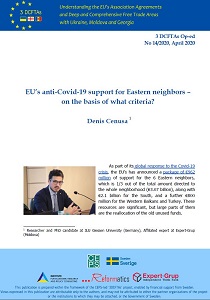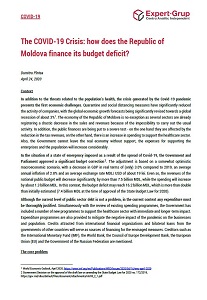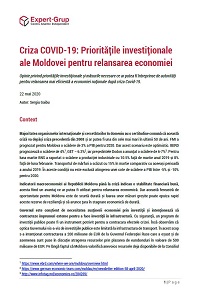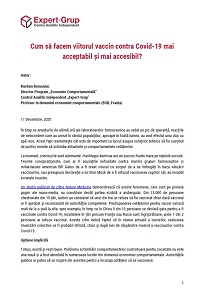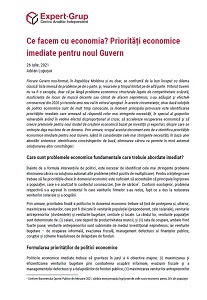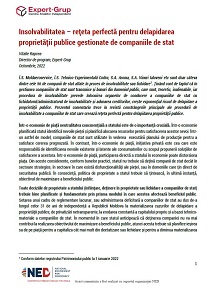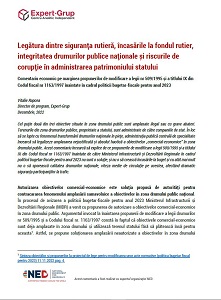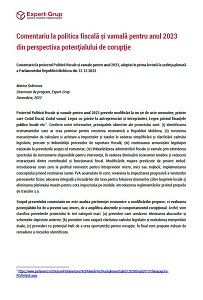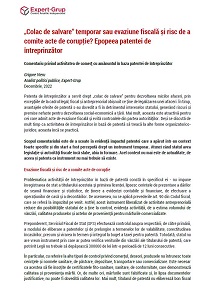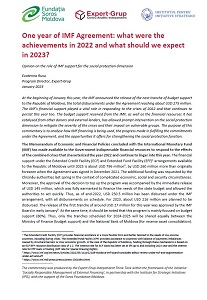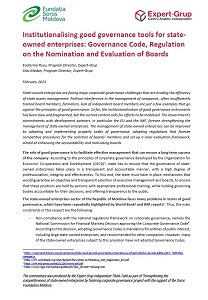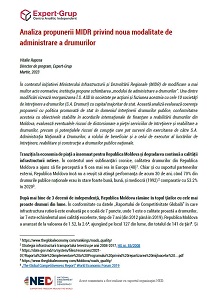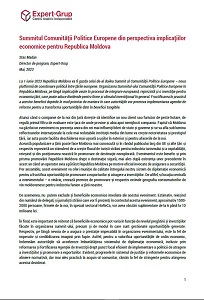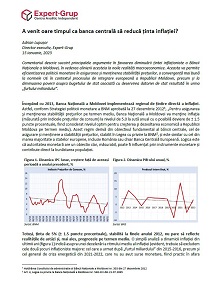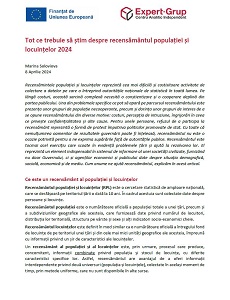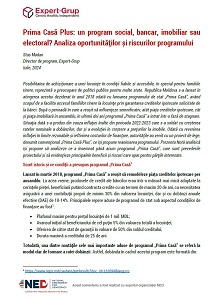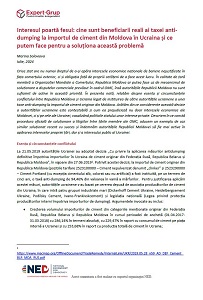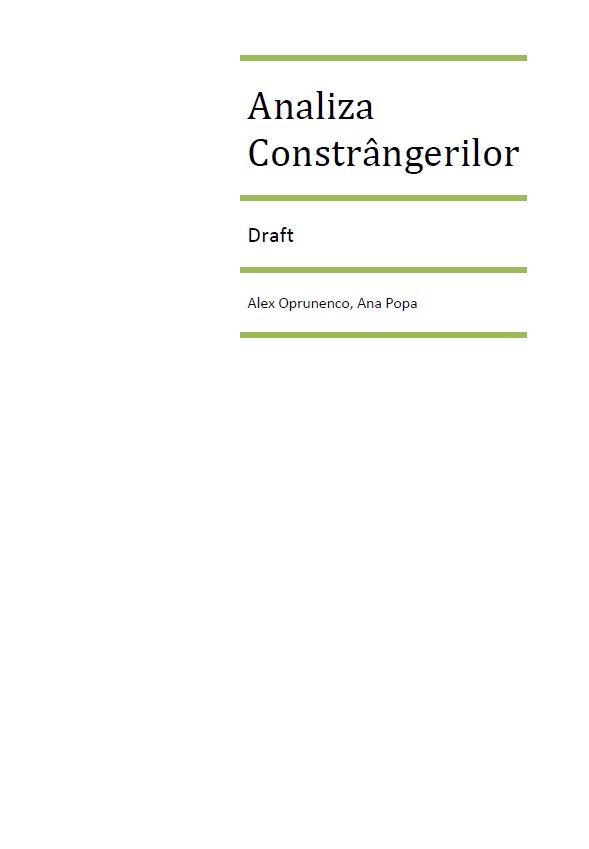
Everything about the Banking System. Why It Is Important to Know the Bank Owners?
Everything about the Banking System. Why It Is Important to Know the Bank Owners?
Keywords: Banking System; Bank Owners; payment system; money transfer;
Everyone, at some point, needs a bank, whether for a loan, for a deposit, a salary account or a counter payment. Nonetheless, not all of us understand how a bank works and what is its role in the financial system. Mainly its basic functions confirm the crucial role of banks in a modern society, these being the institutions that mobilise the available money and finance private affairs or public expenditures. Besides this, technological development complements the role of banks with another important function, which is payment system and money transfer – operations that we all perform almost every day.
More...
